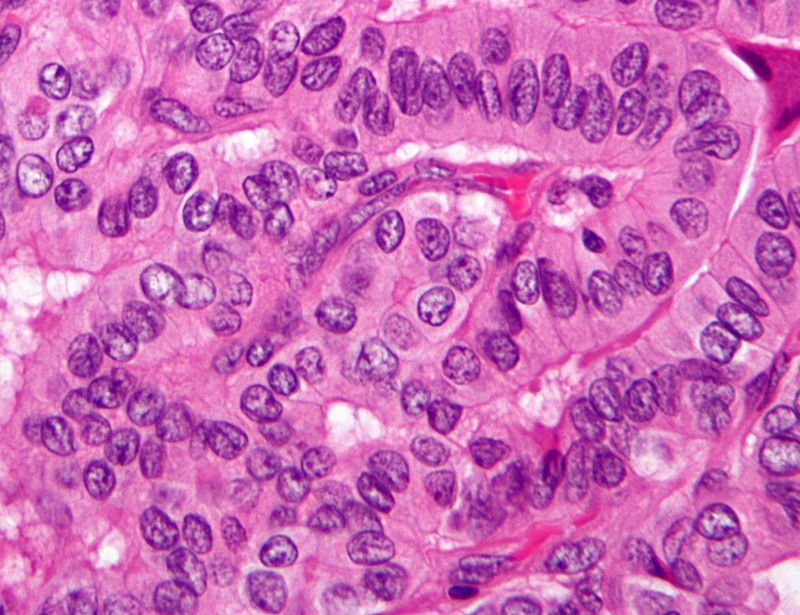Currently, a number of researchers are trying to explore the yet-unknown aspects of cancerous cells. A new study now reveals that the growth of cancerous cells significantly slows down in low gravity.
The research was meant to explore exactly how space-like circumstances would alter the behavior and growth of cancer cells. In this particular case, the growth and spread of thyroid cancer cells was the focus of the researchers.
Such cancerous cells were first exposed to 22 seconds of simulated microgravity, which was made possible through a parabolic flight campaign. The impact of this was compared with the response of thyroid cancer cells when orbiting in the outer space. The cells were kept for 10 days on China’s Shenzou 8 spacecraft back in 2011.
The results from these experiments are quite encouraging. According to the published study, the growth and metastasis of the cancer cells became significantly less aggressive when in the outer space, hinting that low gravity situations may actually help curb the growth of cancer.
Since such space trips are far from being a feasible form of curing cancer, scientists have advised against investing in orbital health methods. However, the behavior of cancerous cells in the outer space can still reveal more important clues to the understanding of their behavior and these clues can then be used in treating cancer back on Earth.
Courtesy: Pop Sci
[ttjad keyword=”android-phone”]




contractor management training [url=https://otvetnow.ru]https://otvetnow.ru[/url] masters of military history